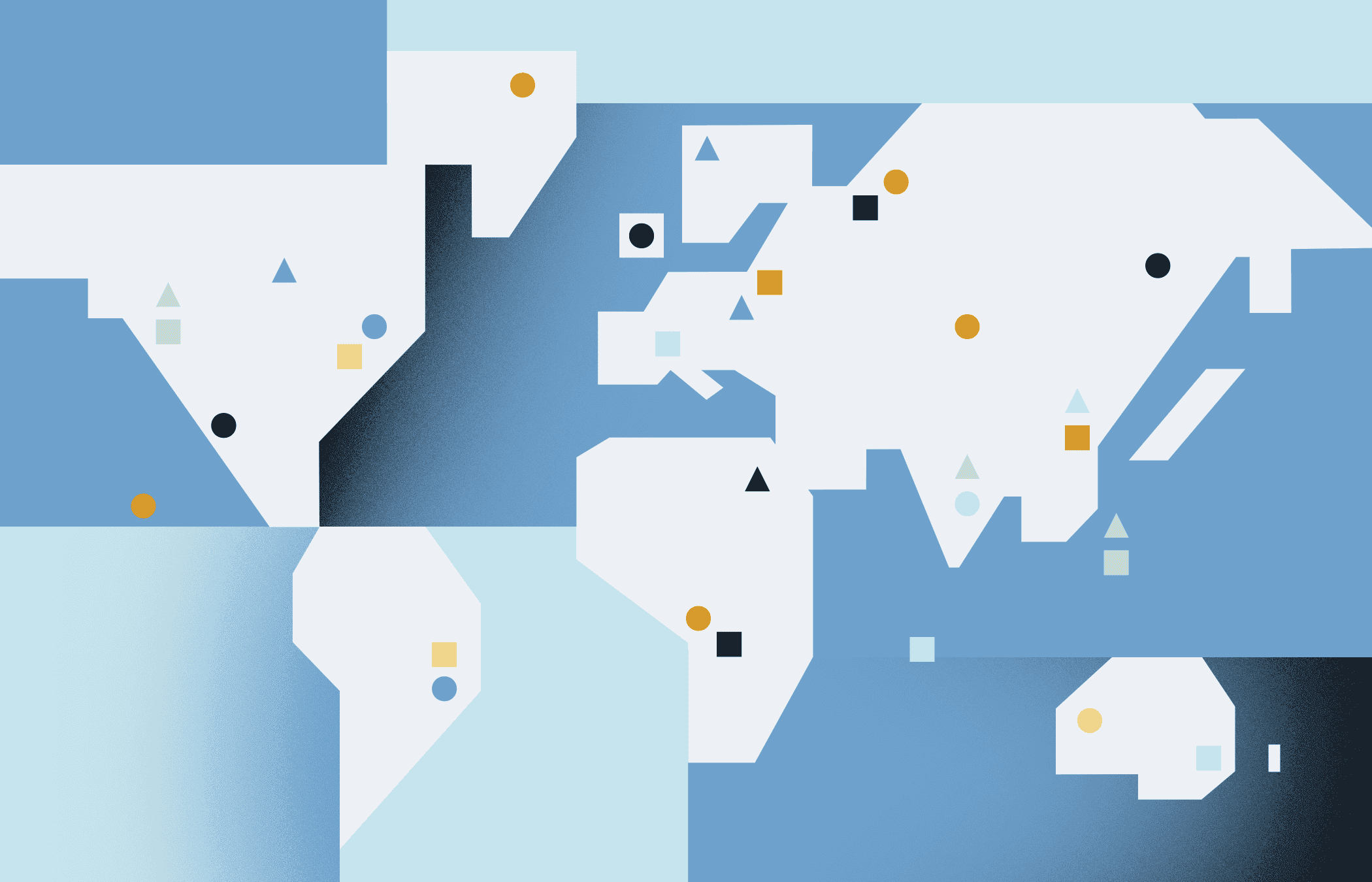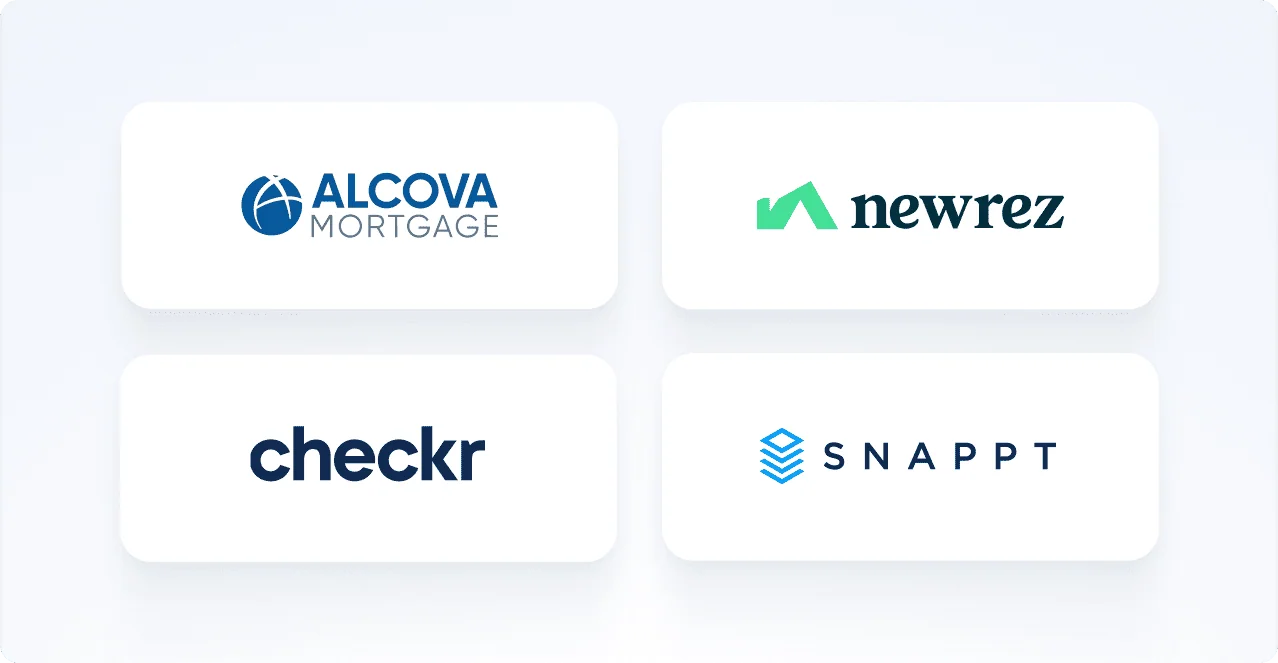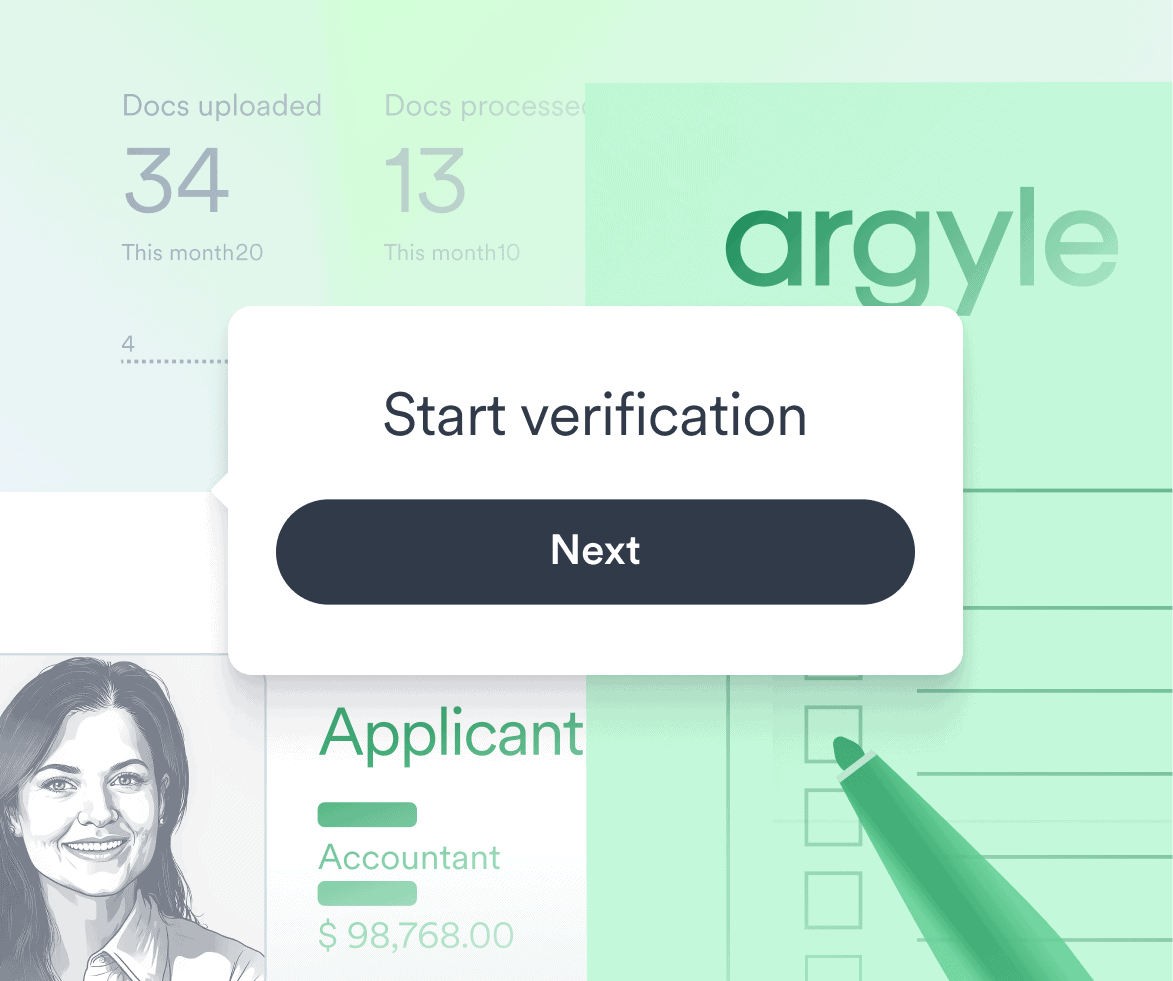Data is collected about all of us. But who owns the data? At Argyle, we believe the answer is you.
92% of the data from the Western Hemisphere is hosted in the United States. Yet the laws governing how it’s stored and used are piecemeal and practically non-existent. The only law that all 50 states have on the books—not as a national standard, but one that has been passed discordantly by each state—covers data breach notifications.

Turns out, where the data lives doesn’t actually determine the question of data ownership and access; where you live does.
This patchwork of laws means that the ethos of each company dictates how your personal information makes its way around the internet. In most states, there is no mechanism in place for you to request what information a company has collected, let alone stop the sale of that data (or give you the right to monetize your own data).
In contrast to existing industry practices, at Argyle we believe user consent should be about opting IN, not OUT of something that has already occurred.
That’s why Argyle asks for permission every step of the way and explains to consumers how unlocking their data will assist in what they are applying for—like getting a loan or credit. We never sell or re-use user information, and a user can change or fully revoke a company’s access to their data at any time. We believe that your data is yours, and it’s always your choice to share it.
Companies like Facebook, Amazon, Google (and thousands more), all aggregate your information, make billions of dollars using it in advertising, resale, consumer predictions, and, on a positive note, provide tech-enabled efficiencies. However, none of these platforms make it easy for you to understand what data they’re collecting, and it’s nearly impossible to delete that information from their records, unless you live under America’s only robust data ownership protection and privacy law, the California Consumer Privacy Act (CCPA).
What does data ownership mean to Argyle?
The collection and recording by companies of your behaviors (your digital image) shouldn’t strip ownership of that image from you.
We believe the following to be your rights for data ownership:
You should be able to see what data a company has about you
You should be able to have a say in how that data is used
If your personal data is used to make money, you should be able to get paid for it
You should be able to revoke these permissions at any time
You should be able to choose to have your data deleted
If, for example, Sarah owns her login credentials (and she does), then Sarah can share them with whoever she wants (and that could also be no one). This means she has the ability to download (or ask for) data, revoke access, and decline to allow a company to share that data for their own profit.

Better Data Standardization Helps Usher In Democratization
At Argyle, we recognize that employment data is owned by the individual it represents, not the company that collects it.
By building the leading employment data platform, we’ve unlocked a dataset that has been monopolized by credit bureaus and corporations for 70 years, enabling innovative companies to provide better products to their users. But our real responsibility is to our users, and our end goal is simple and in service to them: to help all workers leverage the power of their employment data to obtain more financial freedom and opportunity.
Currently, many companies create their own API (application programming interface—it’s how applications communicate). Every application you use handles and stores your information differently. This approach takes ownership away from the individual and moves it into a form of ownership through proprietary superiority. Your data, whether you know it or not, is being aggregated, sold, resold and analyzed by the minute. It’s how Facebook serves you ads and Mint.com helps you budget. But personal data collection has existed for far longer than the internet has. The three major credit bureaus are among the oldest institutions that collect information about you, and this process has been in existence for far longer than the common computer and real-time data collection have. These institutions have gotten so good at aggregating data that their names are synonymous with credit reporting, and we often consider them to be the only arbiters of credit worthiness.
Argyle is on a mission to make your employment records portable by creating data standardization across thousands of APIs
Whether you work at Starbucks or Uber (or both), your data should always be able to move with you, keeping ownership in your hands. Right now, if you move from one job to another, your data stays with your former employer, locking away a rich history of information that can help lenders make an independent assessment of who you are.
Argyle’s API standardizes your employment and payroll information, allowing users to share real-time information with creditors and lenders. The speed at which this happens is only possible because of Argyle’s API (the way Argyle talks to your payroll applications), deciphering data that is stored and read differently across thousands of employers and payroll systems.
User-based Permissioning
Note: There are no universally recognized ownership rights about your data
In the analog world, if Sarah wanted to buy a car, she could either print out or bring her physical pay stub to the bank. The bank would then analyze the information on that pay stub and attempt to understand where Sarah is employed, how much she earns a year and whether or not she qualifies for that loan. In all likelihood, Sarah would not go to her employer and ask if she’s allowed to share that information because it’s Sarah’s pay stub. But when it comes to online data, suddenly we give the custodians of information a pass by saying the information about you is theirs simply because they collected it.
In the digital space, some experts predict that user privacy and permissions will become pervasive, but the overall evidence is not so conclusive. The California Consumer Privacy Act (CCPA) of 2018 is by far the strongest privacy protection in the US.
The law gives Californians the right to:
Know what personal information businesses collect from them
Understand how it is used, shared, and maintain the right to delete their information
Opt-out of the sale of their information
Protect themselves from retaliation for acting on any of those rights
For those of you that have read user agreements, you may have noticed this carve out for California’s particular rights. That carve out highlights the issue. If businesses were interested in extending these rights to everyone, then the user agreement would model the best practices outlined by the CCPA, but that’s not what we’re seeing. In part, the lack of standardization in this area makes it expensive and exceptionally complicated in creating software that can store data and protect consumers across the board.
Argyle believes that your data is yours and that it should work for you. Not only do we ask permission every step of the way, we make it clear what information we have, and that Argyle does not — and will never — sell your information.
The future of data privacy is “data in the hands of the individual”, but only if we make user consent both an industry and legal standard. That means forward looking and innovative businesses along with employers who view data access as a basic right should be working with consent based services (like Argyle, or others).









